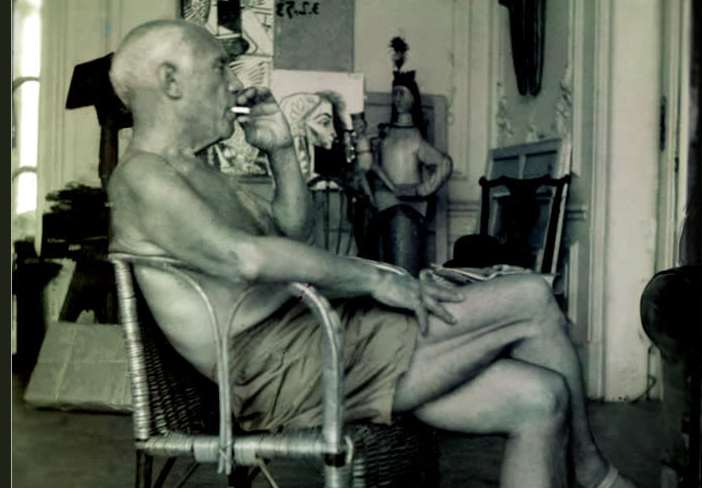This morning, Google officially opened up the new Google eBookstore, which gives consumers access to three million ebooks, including many free classics. Taking a page out of Amazon’s playbook, Google now lets you purchase books at competitive ebook prices and read them across multiple platforms – meaning you can start reading a novel on your computer’s web browser, then seamlessly switch to the iPad, Kindle, or smartphone. And the content will stay in sync, all in the cloud. (Get instructions and apps here.) Another plus: you’re not forced to buy books from just Google. The new bookstore is open to independent booksellers and retail partners, which gives these smaller players a chance to play (and perhaps even thrive) in the ebook market. You can get more information on the new bookstore on the Google Books blog, and don’t miss our Free eBooks collection, which comes packed with many classics.
Note: the Google eBookstore is currently limited to the US market.



